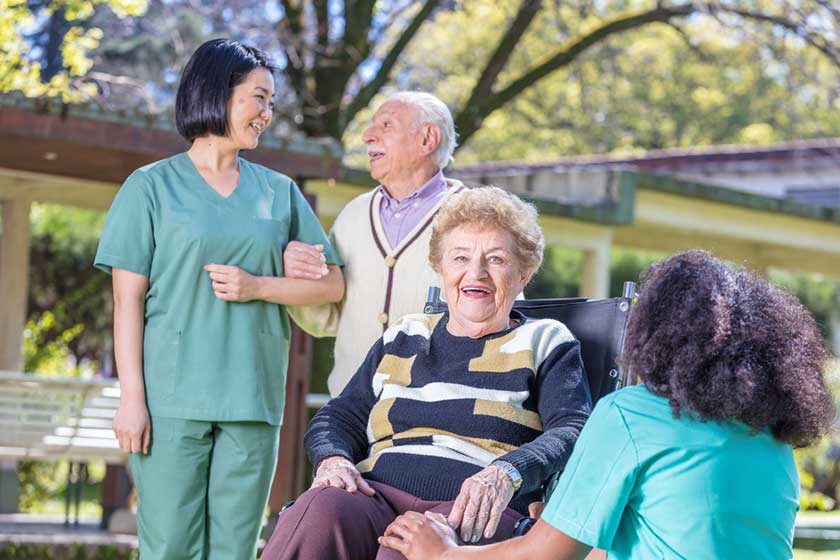Aging adults are at high risk for developing vitamin D deficiency. As we age, our bodies lose the ability to produce vitamin D from the sun, making us more likely to become deficient. Vitamin D deficiency can lead to many unwanted side effects, such as osteoporosis or rheumatoid arthritis. It can even affect your cognitive health.
This article discusses how assisted living in Wilmington, NC, help aging adults manage their vitamin D intake. So they don’t develop any vitamin deficiencies while living in their senior home community.
What Is Vitamin D Deficiency?
You may have heard of a condition called vitamin D deficiency. This occurs when the body does not have enough vitamin D. Vitamin D deficiency can lead to bone diseases such as osteoporosis, rickets, and osteomalacia.
Vitamin D is made by our bodies when we expose ourselves to sunlight or take supplements containing it (such as cod liver oil). It helps us absorb calcium from foods so that our bones stay strong and healthy throughout life – especially when we’re young adults and old ages alike!
Vitamin D is vital for bone health and overall wellness. Still, it also plays a role in helping prevent diseases such as diabetes or cancer. Studies have shown that aging adults who take calcium supplements may be more likely to develop cancer than those who don’t take them!
How Does Assisted Living Help Seniors with Vitamin D Deficiency?
Assisted Living communities can help aging adults live independently. The staff members who work in these communities are trained professionals who can assist with daily activities such as bathing, dressing, and medication management. They also have access to various services that allow them to live safely in their homes. Here are a few ways assisted living helps seniors get as much vitamin D as they can:
- Identifying Vitamin Shortfall:When you have a regular blood test, your physician can identify any vitamin D deficiency and recommend an appropriate dose. If you have any concerns about your levels of this essential nutrient, talk with your doctor about getting tested.
- Maximizing Sunlight Exposure:One of the most important things you can do to ensure that your vitamin D levels are healthy is to get enough sunlight. The amount of sun you need depends on your skin type, but generally speaking, it’s best to get at least 15 minutes per day in direct sunlight.
- Sunlight exposure is best during the mornings and early afternoons when UV rays are less intense (10 am-2 pm). Avoid going out in the direct sun during peak afternoon hours (2 pm-6 pm).
- Serving Fortified Foods:You may be surprised to learn that many foods are fortified with vitamin D. Fortified foods are those that have been enriched or fortified with vitamins or minerals. You can find vitamin D in milk, yogurt, cereal, and other breakfast foods. Some examples of naturally rich sources of vitamin D include salmon, tuna, and eggs.
- Administering Supplements:Sunlight is the best source of this essential nutrient. However, it can be difficult for seniors to get enough sun. They tend to stay indoors more often than younger people. This means they may need extra help getting their daily recommended amount through diet alone or with supplements if necessary.
Conclusion
The main point from this article is that aging loved ones who live in assisted living communities have a higher chance of getting their daily dose of vitamin D. This is because the team at these communities can identify any shortfalls in their diet and administer supplements accordingly.







